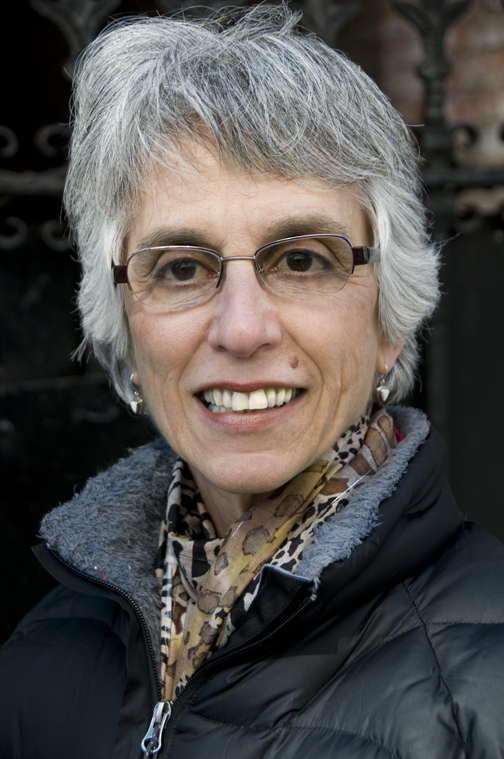Transcription:
Greetings. This practice is practice in particular for when you feel out of balance, frightened, confused again, perhaps even anxious, angry, unsettled.
Coming into the moment, coming into your body to begin, and resting your body to the best of your ability.
Creating space, taking a few nice, slow deep breaths, just settling into this moment.
Just as we have the blessing practices, our intentional imaginative practices within the Jewish prayers, Jewish prayer book, and in Torah we have a priestly blessing, we have the possibility of wishing ourselves well, particularly in moments when we feel out of balance. So this is a practice of really wishing ourselves well, and really feeling a sense of safety and peacefulness.
Imagining what it would feel like in the body to feel safe, just in this moment. To feel peaceful. To be in a sense of resting, balance, amidst all the comings and goings, arisings and passings that are ever-present, and even amidst whatever sense of disquiet or unrest surrounds you, fills you.
So just allow yourselves to be open to the possibility of imagining ease and peace.
Saying the phrase in your own mind, “May I feel safe, may I feel peaceful.” And you may do it on the breath, on the inhale, “May I,” and just feel yourself in this moment.
When you say “safe,” just feel safe. Just now.
“May I feel safe. May I feel peaceful.” Saying these words again and again, over and over to yourself, just feeling that sense of safety descending on you, right here, right now.
May I feel safe. May I feel peaceful. May you be blessed with a sense of being safe, being peaceful.
May my heart feel safe. May my heart feel peaceful. May my heart feel at ease.
So take a few go-rounds with whatever words you can bring into your own experience. Wishing yourself ease, in the midst of change, in the midst of a rising, passing, ebb and flow.
“May I feel safe, may I feel peaceful, may this heart rest.”
And of course you could offer this to others as well, to your loved ones, to your friends, “May you feel safe, may you feel peaceful.”
But most of all, offer it to yourself. There is no one more deserving.
 Rabbi Sheila Peltz Weinberg, Spiritual Coach, served as a congregational rabbi for seventeen years. She has also worked in the fields of Jewish community relations, Jewish education and Hillel. She has published widely on such topics as feminism, spiritual direction, parenting, social justice and mindfulness from a Jewish perspective, including in her books God Loves the Stranger: Stories Poems and Prayers and Surprisingly Happy: An Atypical Religious Memoir, and has contributed commentaries to Kol HaNeshama, the Reconstructionist prayer book. Rabbi Weinberg has taught mindfulness meditation and yoga to rabbis, Jewish professionals and lay people in the context of the Institute for Jewish Spirituality. She serves as a spiritual director to a variety of Jewish clergy including students and faculty at HUC-JIR in New York. She is creator and co-leader of the Jewish Mindfulness Teacher Training Program. She is married to Maynard Seider and they have three married children and six grandchildren.
Rabbi Sheila Peltz Weinberg, Spiritual Coach, served as a congregational rabbi for seventeen years. She has also worked in the fields of Jewish community relations, Jewish education and Hillel. She has published widely on such topics as feminism, spiritual direction, parenting, social justice and mindfulness from a Jewish perspective, including in her books God Loves the Stranger: Stories Poems and Prayers and Surprisingly Happy: An Atypical Religious Memoir, and has contributed commentaries to Kol HaNeshama, the Reconstructionist prayer book. Rabbi Weinberg has taught mindfulness meditation and yoga to rabbis, Jewish professionals and lay people in the context of the Institute for Jewish Spirituality. She serves as a spiritual director to a variety of Jewish clergy including students and faculty at HUC-JIR in New York. She is creator and co-leader of the Jewish Mindfulness Teacher Training Program. She is married to Maynard Seider and they have three married children and six grandchildren.











